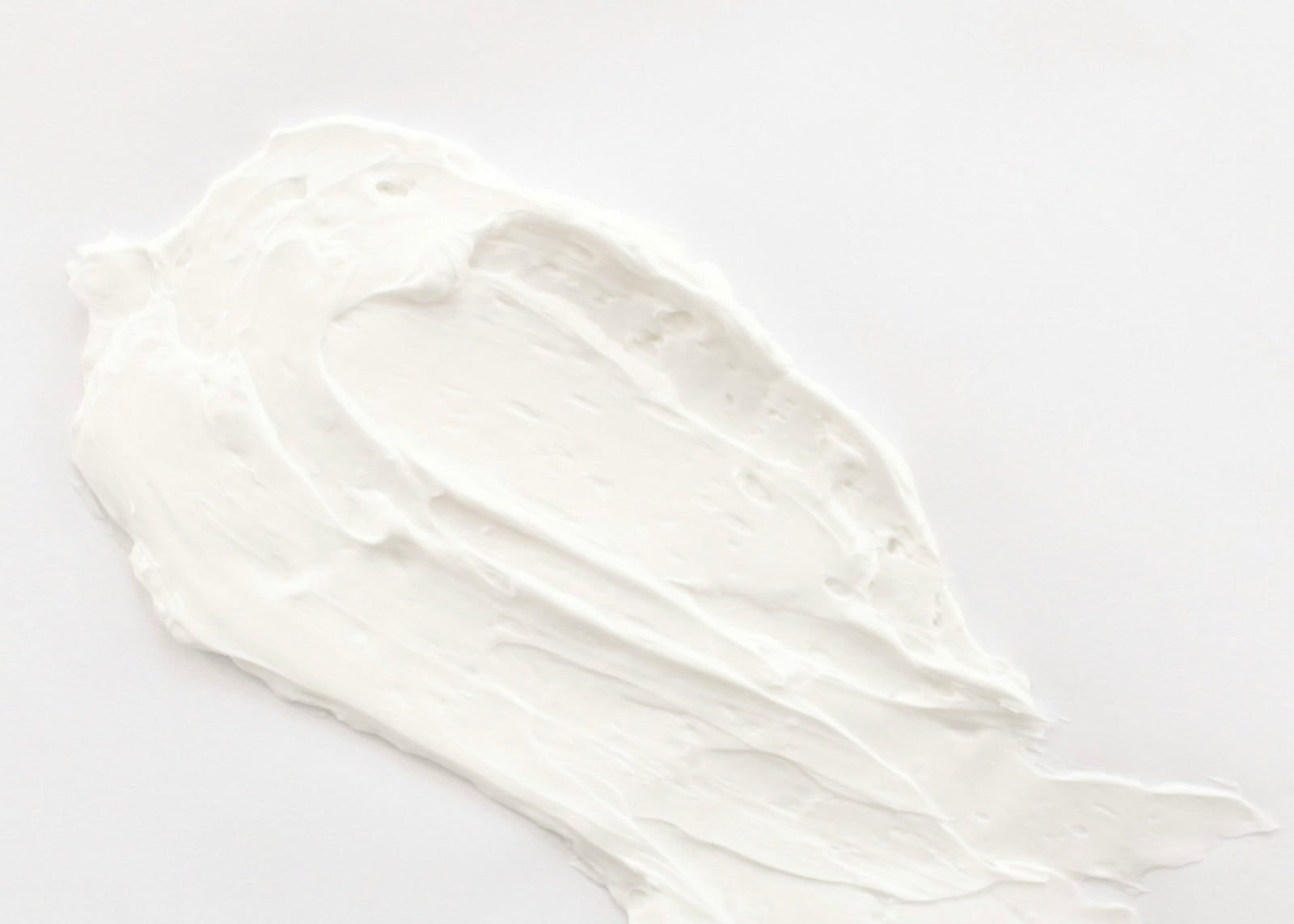
Hyaluronic Acid: Apply Before or After Moisturizer?
Hyaluronic acid, a naturally occurring substance in our bodies, has gained significant attention in the skincare industry. Its ability to hold up to 1000 times its weight in water makes it a powerful hydrating agent for our skin. But, when it comes to incorporating it into your skincare routine, the question arises - should you apply hyaluronic acid before or after moisturizer?
Understanding Hyaluronic Acid
Hyaluronic acid (HA) is a sugar molecule that occurs naturally in our skin, helping to bind and retain water molecules, thus keeping the skin hydrated and plump. As we age, our bodies' natural production of HA decreases, which can lead to dryness and wrinkles. This is where HA skincare products come in.
HA skincare products, especially those derived from natural and sustainable sources, can help replenish the skin's HA levels. They can help attract and hold moisture, improving skin hydration and potentially reducing the appearance of fine lines and wrinkles.
However, it's important to note that HA is a large molecule. This means it may not penetrate the skin deeply when applied topically. Instead, it may sit on the skin's surface, drawing moisture from the deeper layers of skin to the surface, which can actually make your skin drier if not used correctly.
Using Hyaluronic Acid in Your Skincare Routine
Given the unique properties of HA, it's crucial to use it correctly in your skincare routine to reap its benefits. Here's a step-by-step guide on how to do it:
- Cleanse your skin: Start with a clean slate. Use a gentle, natural cleanser to remove any dirt, oil, and makeup from your skin.
- Apply a toner: If you use a toner, apply it after cleansing. This can help balance your skin's pH levels and prepare it for the following steps.
- Apply hyaluronic acid: While your skin is still damp from the toner, apply your HA product. This can help the HA to draw in the moisture and hydrate your skin.
- Apply a moisturizer: After applying HA, immediately follow with a moisturizer. This can help seal in the HA and the moisture it attracts.
By following these steps, you can ensure that the HA is effectively hydrating your skin, rather than potentially drying it out.
The Benefits of Natural and Sustainable Skincare Ingredients
When it comes to skincare, natural and sustainable ingredients are gaining popularity for several reasons:
- Eco-friendly: Sustainable skincare products are made in a way that minimizes harm to the environment. This can include using responsibly sourced ingredients, minimal packaging, and manufacturing processes that reduce waste and energy use.
- Gentle on the skin: Natural ingredients are often gentler on the skin than synthetic ones. They're less likely to cause irritation, making them a good choice for people with sensitive skin.
- Effective: Many natural ingredients have proven skincare benefits. For example, aloe vera has soothing properties, tea tree oil can help fight acne, and, of course, hyaluronic acid can help hydrate the skin.
By choosing skincare products with natural and sustainable ingredients, you can take care of your skin while also taking care of the planet.
Conclusion
In conclusion, when using hyaluronic acid in your skincare routine, it's best to apply it before your moisturizer. This can help ensure that the HA effectively hydrates your skin. And remember, choosing natural and sustainable skincare products can offer additional benefits for both your skin and the environment.
So, next time you're shopping for skincare products, consider those with hyaluronic acid and remember to apply it before your moisturizer for the best results.
















